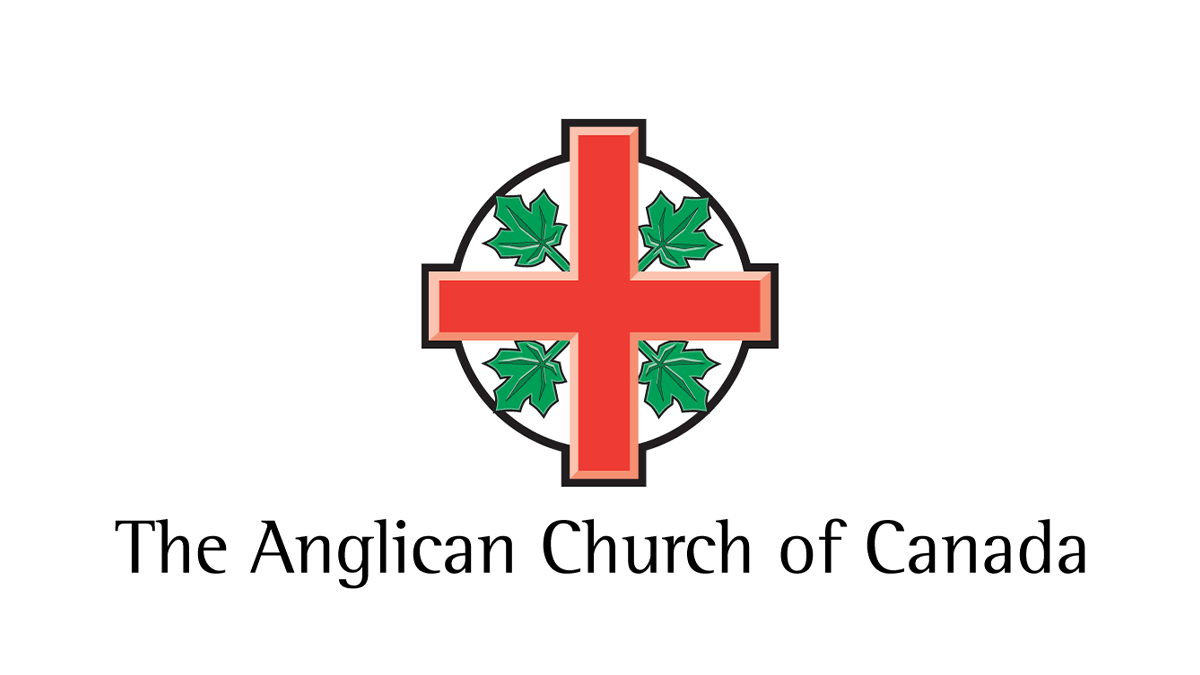General Synod treasurer Peter Blachford has announced the establishment of the Letting Down the Nets Trust, funded by a gift of life insurance by eight staff members and financial development consultants. The trust will be administered by the Anglican Foundation on behalf of General Synod for future financial development and congregational development initiatives.
The donors have each committed a total of $5,000 a year for 5 years, which will eventually produce $250,000 for a trust to be held in perpetuity by the Anglican Foundation.
This initiative was first proposed at a recent meeting of diocesan and regional financial development consultants, called by Archdeacon John Robertson, national gift planning officer.
Consultant David Rushton, assisted by Dr. Eduard Fidler, a Vancouver-based financial planner who works closely with the Anglican Church of Canada, arranged the gift and invited two committed, visionary Anglicans to serve as the insured participants. Upon the death of the second insured person, the Anglican Foundation will receive at least 10 times the premiums paid, while the donors receive a donation receipt for each premium share paid.
Mr. Blachford said: “I am delighted with this initiative as it provides a wonderful example of the old adage about teamwork that the value of the whole being greater than the sum of its parts.” He added, “By joining together, each of us has been able to make a more meaningful financial contribution in support of the work of our church. It is indeed my privilege to have this opportunity to promote our ministries in this manner.”
The donors also include Canon Geoff Jackson (senior development officer), Jim Cullen (retired treasurer and acting comptroller), Archdeacon John Robertson, and General Synod consultants David Rushton, Kevin Smith, Rob Waller, and Dr. Eduard Fidler.
Canon Gordon Baker, interim executive director of the Anglican Foundation, said: “I applaud the actions of those who have contributed and established this life insurance policy. They have set an example for others to follow. I hope many more will capture the vision of what can be done.”
In a joint statement, Archdeacon Robertson and Canon Baker went on to say, “Increasing numbers of Anglicans are discovering there are creative and effective ways to express their faith and confidence in God’s guidance and grace for the future. A gift of life insurance is an effective way for translating ‘believing’ into long-term faithfulness.”
For more information, contact —
Archdeacon John M. Robertson
National Gift Planning Officer, General Synod, Anglican Church of Canada
Telephone 416.924.9199 ext. 268
Email: [email protected]
